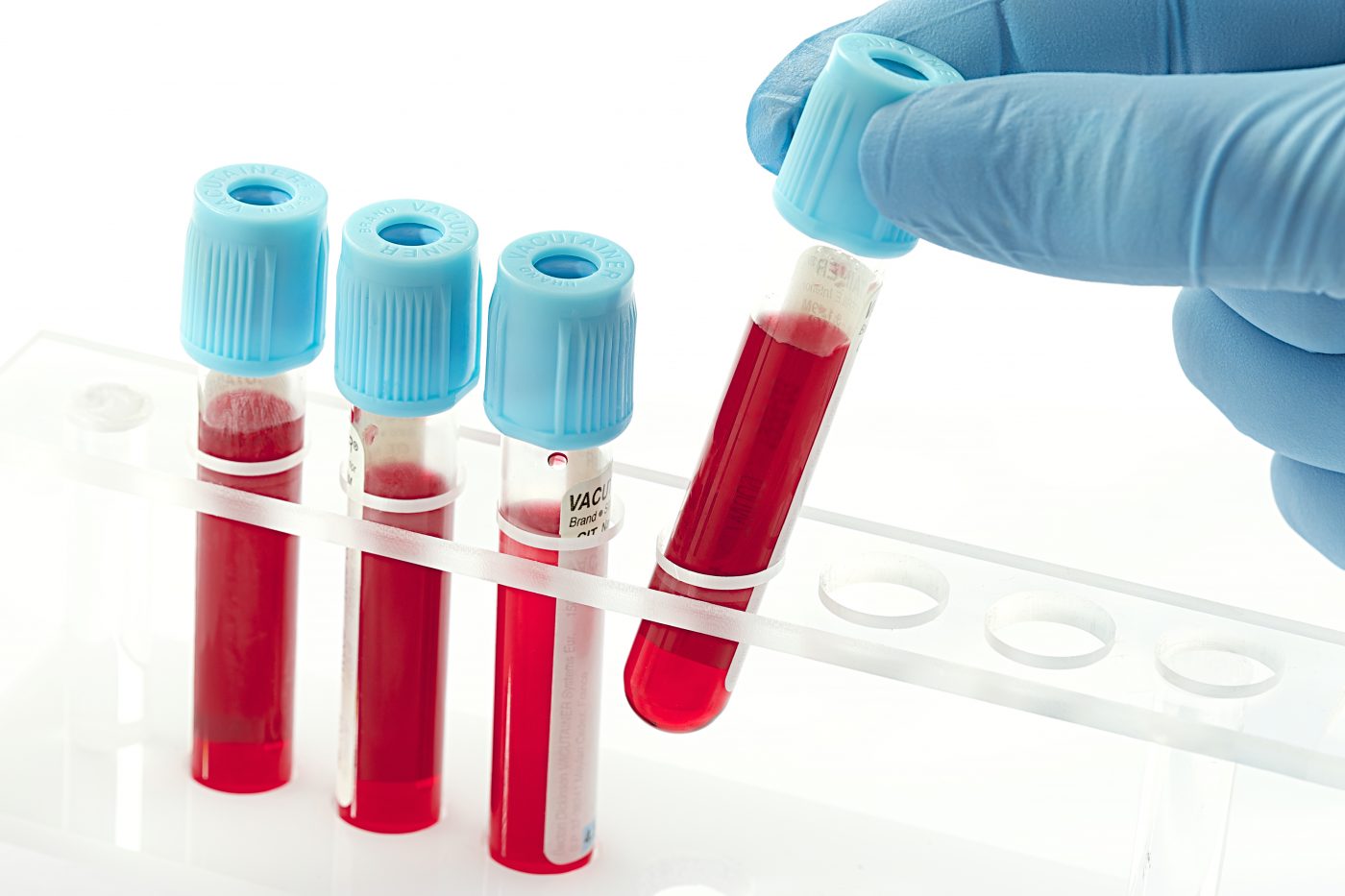Collaborative Study Reveals New Biomarkers for Potential Diagnosis and Treatment of Duchenne Muscular Dystrophy
Written by |

A new collaborative group involving academic and industry researchers and patient advocacy groups conducted a large-scale study to find serum biomarkers for Duchenne muscular dystrophy (DMD). The study was recently published in the journal Proceedings of the National Academy of Sciences (PNAS) and is entitled “Large-scale serum protein biomarker discovery in Duchenne muscular dystrophy.”
DMD is an inherited disorder caused by a defective gene called dystrophin. The disorder is characterized by a progressive skeletal muscle weakness that leads to chronic inflammation and the loss of muscle cells and tissue, compromising locomotion and also respiratory and cardiac function. DMD has a rapid progression and affects mainly boys, with estimates that up to 1 in every 3,500 – 5,000 live male births develop the disease. The majority of DMD patients require a wheelchair by the age of 12 and most patients succumb to the disease in early adulthood due to respiratory and cardiac failure.
“Although we have known the genetic cause of Duchenne since the mid 1980s, progress towards effective treatments has been painfully slow, largely because we don’t have the biomarkers we need to quickly test promising new treatments or to provide a set of diagnostic and prognostic tests for each Duchenne patient,” noted the Founding President of Parent Project Muscular Dystrophy (PPMD) and the study’s author, Pat Furlong in a news release. “This work is an important and exciting step toward closing that gap.”
Using a new approach based on the SOMAscan assay from SomaLogic Technology, a protein-measurement technology for diagnostic tests, the team assessed 1,125 different proteins in blood samples from 93 DMD patients and 45 healthy controls (siblings of the patients).
Researchers found that the levels of 44 proteins were significantly different between the two groups, and while some of these protein changes had already been reported, others were found for the first time to be linked to DMD. The majority of the protein levels were also found to vary widely depending on patient’s age, being related to the progressive severity of the disease. These results are being openly shared with other researchers, clinicians and the general population in order to advance the understanding of DMD biology and the development of new diagnostic tools and therapeutics.
“We are excited by the findings of this study, and are already pursuing some of the new leads that emerge from it,” said the study’s lead author Dr. Yetrib Hathout from the Children’s National Health System. “These non-invasive biomarkers potentially can be used as readout to monitor disease progression and response to therapies in boys with Duchenne, and should also spur a large number of renewed efforts around finding new treatments for this devastating disease.”
“This kind of study is precisely what we envisioned when we set out to discover and develop a new approach to protein measurement,” said the Founder and Chairman of SomaLogic and the study’s senior author, Dr. Larry Gold. “We are thrilled to be a part of this important step towards improving the lives of Duchenne patients and their families, and look forward to expanding on these findings in collaboration with these and additional partners. We also hope that other researchers and advocacy groups will join forces with us to bring this powerful technology to bear on a wide range of rare diseases.”





